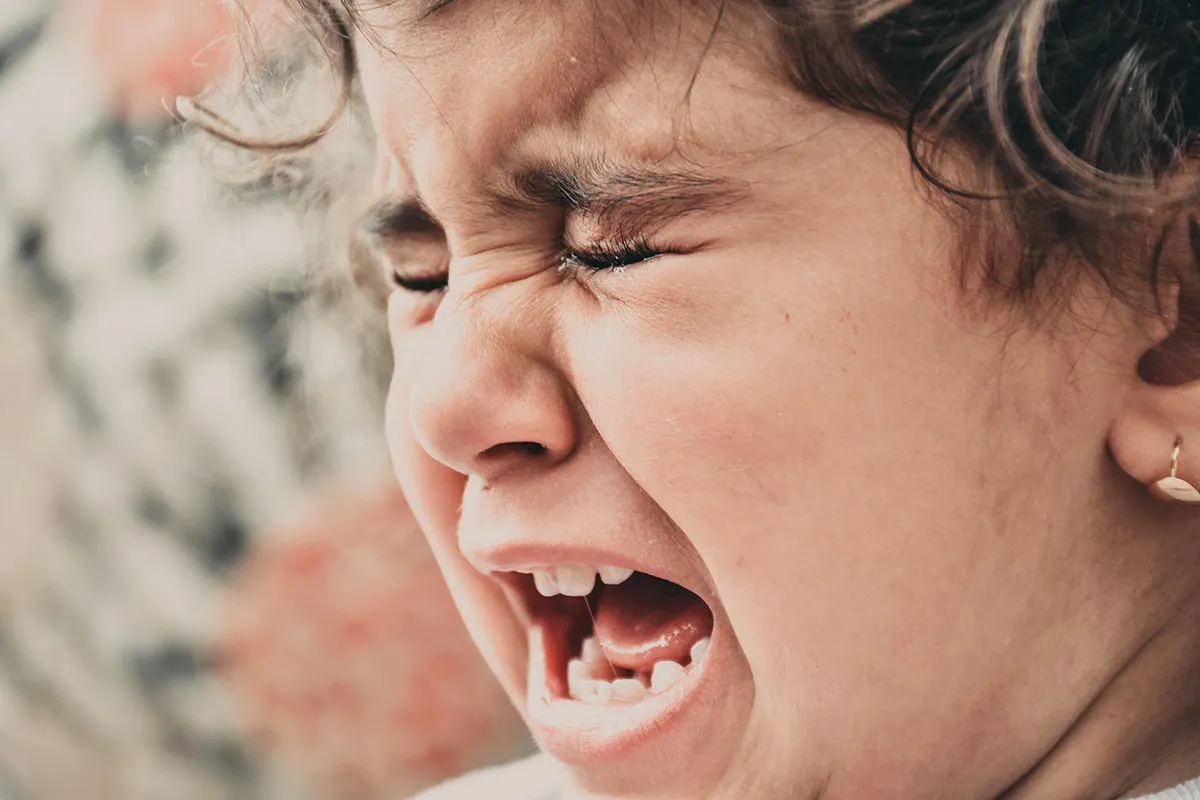Emotions are a normal part of growing up—but when a child seems overwhelmed by their feelings more often than not, it may be a sign of something more. Emotional dysregulation is when a child has difficulty managing emotional responses in a way that’s considered appropriate for their age or situation. Understanding the signs and when to seek help can empower families to support their child’s wellbeing and development.
What Is Emotional Dysregulation in Children?
Emotional dysregulation happens when a child finds it hard to control their emotional responses—whether it’s frustration, sadness, excitement, or anger. These responses may seem disproportionate to the situation or last longer than expected. While all children have outbursts occasionally, frequent emotional storms may signal something more.
Common Signs Your Child May Be Struggling
Frequent Tantrums or Outbursts
Meltdowns that occur regularly, especially during transitions or when things don’t go as expected, may suggest emotional dysregulation.
Overreaction to Minor Events
Strong reactions like yelling, crying, or shutting down over small disappointments can be a red flag.
Difficulty Calming Down
Struggling to self-soothe or return to a calm state after being upset is a common challenge for emotionally dysregulated children.
Impulsivity and Acting Out
Your child might hit, throw things, or run off when overwhelmed, often without considering consequences.
Mood Swings Without Obvious Triggers
Quick shifts between happiness, anger, and sadness—sometimes with no clear cause—can signal deeper difficulties with emotional regulation.
Sensitivity to Criticism
Even gentle feedback may lead to tears, angry reactions, or complete withdrawal.
Withdrawal and Avoidance
Some children shut down or isolate themselves when emotions feel too big to manage.
Social Challenges With Peers
Struggling with turn-taking, sharing, or coping with rejection may indicate emotional dysregulation impacting social development.
When to Be Concerned
Some emotional ups and downs are a normal part of childhood, especially in toddlers and preschoolers. But if emotional outbursts are frequent, intense, or interfering with your child’s daily life, it may be time to seek support.
You know your child best. If your instincts tell you something isn’t quite right, it’s okay to ask for help.


